 Krishna’s first words reveal the Gita’s purpose – Krishna’s first instructive words to Arjuna are: don’t lament for that which is not worthy of lamentation (02.10). And his last instructive words are: surrender to me and I will protect you; do not lament (18.66). Even the specific Sanskrit words used in these two verses are similar, being variants of ‘shoka’ or lamentation.
Krishna’s first words reveal the Gita’s purpose – Krishna’s first instructive words to Arjuna are: don’t lament for that which is not worthy of lamentation (02.10). And his last instructive words are: surrender to me and I will protect you; do not lament (18.66). Even the specific Sanskrit words used in these two verses are similar, being variants of ‘shoka’ or lamentation.
What does this striking symmetry imply? To understand, consider a metaphor. Suppose we heard a talk from a learned and expert speaker. If they spoke the same point both at the start and the end of their talk, we would reasonably infer that that point was the purpose of their talk.
By similar reasoning, we can infer the Gita’s essential purpose: to free Arjuna from lamentation. Its starting exhortation is followed by knowledge of the soul and its indestructibility — this is meant to address Arjuna’s apprehensions about those who become casualties in the war. They are souls who will get new bodies after death; better bodies if they have done overall good karma, as was the case of his venerable elders like Bhishma and Drona.
The Gita’s concluding declaration is centered on Krishna’s unfailing love and his omnipotent resourcefulness in protecting those who do his will. This is meant to address Arjuna’s apprehensions about sinful reactions befalling those who kill their relatives in a war. By analyzing from various perspectives, the Gita has already established that Arjuna’s engaging in the war was not sinful; it was morally and spiritually justified. Still, the Gita’s conclusion addresses a hypothetical situation rhetorically: even if there were sinful reactions, he would be protected.
Just as these two Gita teachings empowered Arjuna to overcome lamentation, they can empower us too. Hence the Gita’s enduring relevance.
One-sentence summary:
To overcome lamentation, internalize the Gita’s twin truths: the soul’s indestructibility and the Lord’s infallibility.
Think it over:
- How are the Gita’s start and end symmetrical?
- What does this symmetry convey?
- How can the Gita help us face life’s reversals?
***
02.11: The Supreme Personality of Godhead said: While speaking learned words, you are mourning for what is not worthy of grief. Those who are wise lament neither for the living nor for the dead.
To know more about this verse, please click on the image

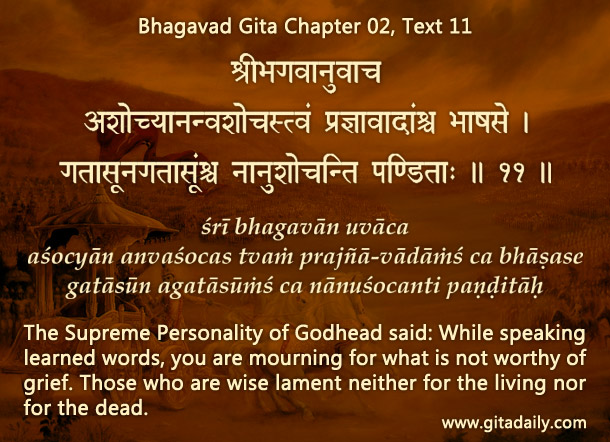

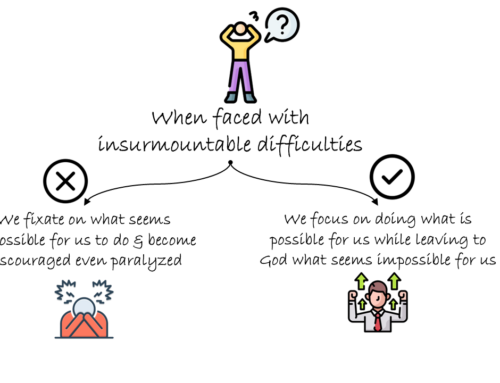

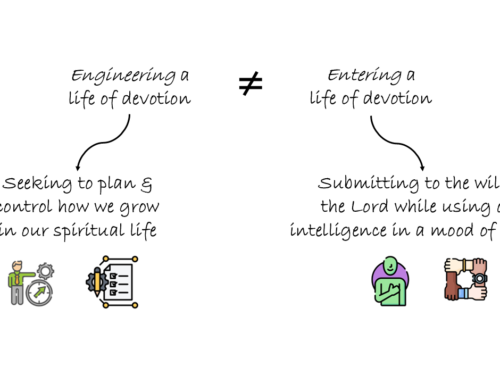

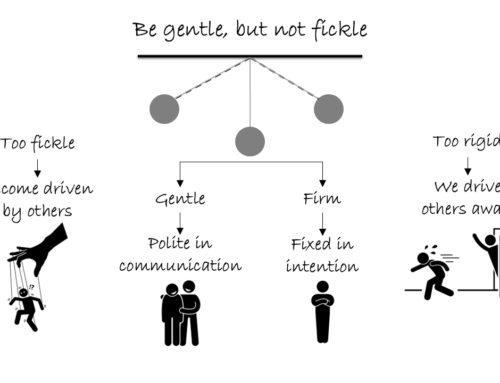
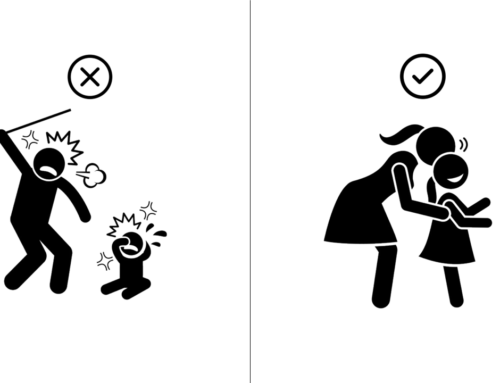
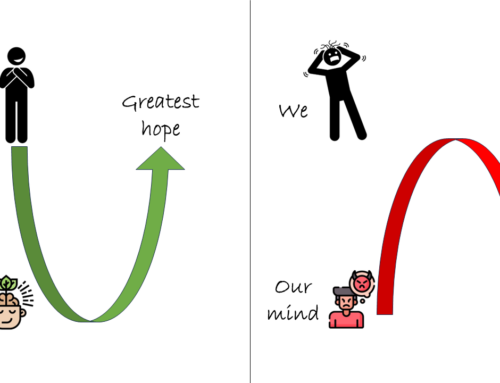

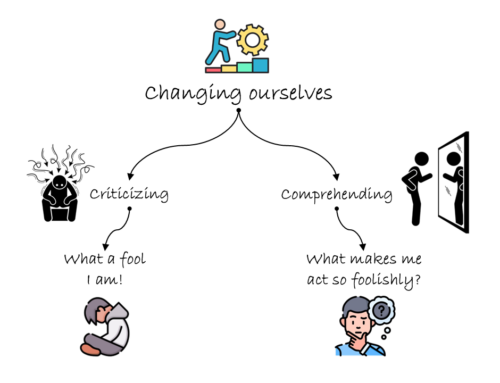
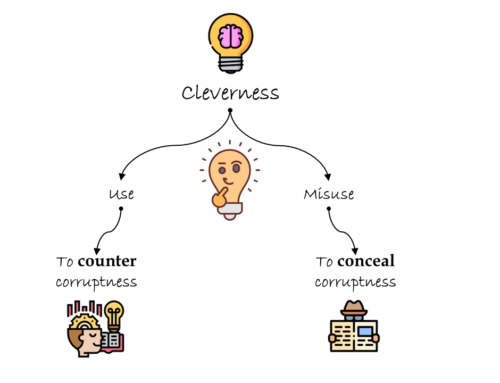

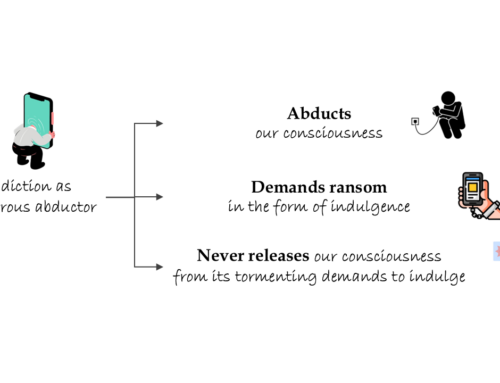
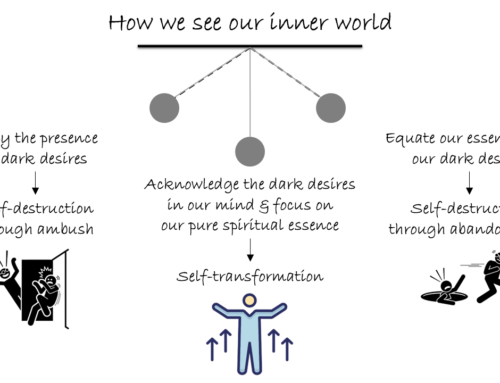
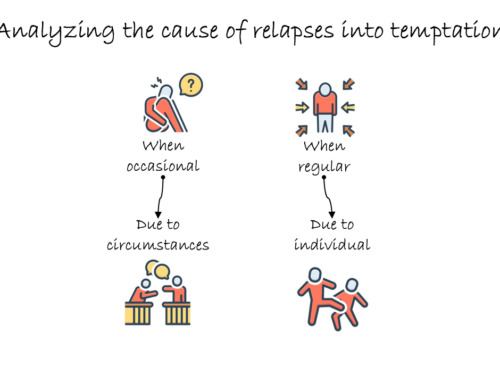

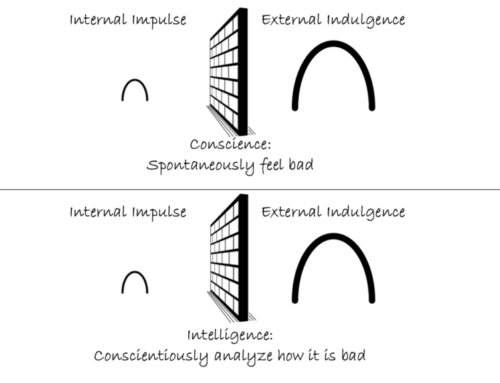
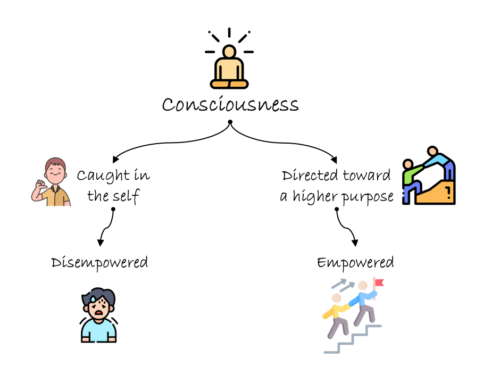
Leave A Comment